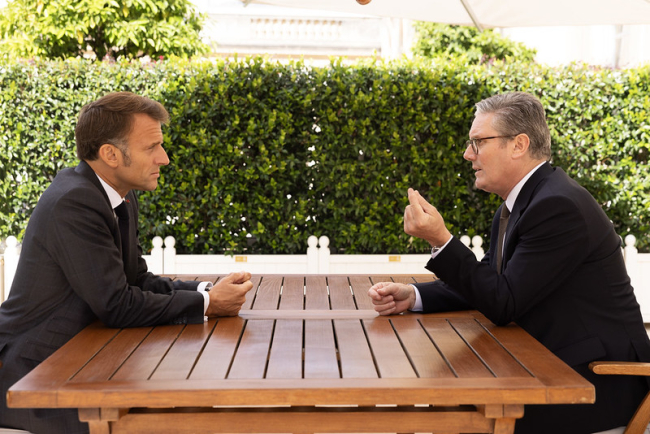Francs-tireurs et Centurions : Les ambiguïtés de l'héritage contre-insurrectionnel français

The war in Afghanistan and David Galula’s reputation in the United States have revived France’s counterinsurgency legacy. This legacy must be divided into two separate periods: the colonial era and later on the wars of decolonization fought by France in Indochina and Algeria.
Although figures such as Bugeaud, Lyautey and Gallieni retained at the time the status of mavericks in the traditional military establishment, they greatly contributed to the development of a French ‘national style" in irregular warfare, both original and successful. On the contrary, theorists from the 1950s and 1960s (Lacheroy, Hogard, Trinquier) were to a large extent inspired by revolutionary warfare. Accordingly, they viewed counterinsurgency as a form of total war based on ‘psychological operations" and very coercive methods. Political drift in Algeria abruptly silenced these debates and turned counterinsurgency into a taboo for forty years. Judgment must be exercised before reactivating the debates and know-how of the past. Part of this legacy may constitute a legitimate and fruitful source of inspiration for current interventions. However, it is essential to take into account the political and strategic dimension of this type of warfare and not to lose sight of the limits of historical comparisons.
This paper is published in French only - Francs-tireurs et Centurions : Les ambiguïtés de l'héritage contre-insurrectionnel français
Related centers and programs
Discover our other research centers and programsFind out more
Discover all our analysesSaudi Arabia’s Nuclear Temptations. Lessons Learned from Regional Instability
Saudi Arabia’s integration in the international arena and regional stability, notably through reducing its dependence on fossil energies, are crucial elements for the success of the Kingdom’s Vision 2030, the Crown Prince’s top priority. However, Mohammed bin Salman’s declarations in 2018 and 2021, indicating that “if Iran develops a nuclear bomb, we will follow suit as soon as possible”, combined with the recent strikes on key Iranian nuclear facilities, do not bode well for the future of the Kingdom, the region and the non-proliferation regime at large.
The Future of Air Superiority. Command of the Air in High Intensity Warfare
Air superiority, understood as control of the air, is a cornerstone of the Western art of warfare. It is a decisive condition, albeit not sufficient by itself, to achieve military victory, as it enables the concentration of air power toward the achievement of wider strategic objectives and protects other components from unbearable attrition levels. It is best achieved through the offensive use of air power in a joint effort to neutralize the enemy’s air power.
Europe Uncovered?
As Russia continues to threaten Europe, the Trump administration is making no secret of its desire to withdraw—at least partially—from the defense of the Old
Continent in order to focus on strategic competition with China. It is thus putting pressure on its European allies to increase their investment in the military sector. The NATO Summit in The Hague in June 2025 resulted in ambitious commitments by member states to increase their defense spending.
How should Britain and France cooperate to realise the Northwood Declaration?
During his state visit to the United Kingdom (UK) last week, Emmanuel Macron, President of France, signed a joint declaration with Sir Keir Starmer, Prime Minister, on nuclear cooperation between Britain and France. The Northwood Declaration highlights that while both countries’ nuclear arsenals remain sovereign, cooperation on nuclear deterrence can ‘contribute significantly’ to the security of the North Atlantic Treaty Organisation (NATO) and the Euro-Atlantic region.










